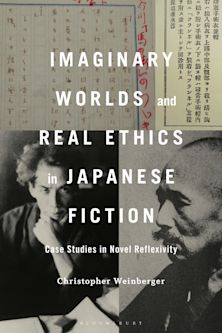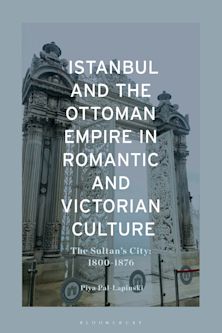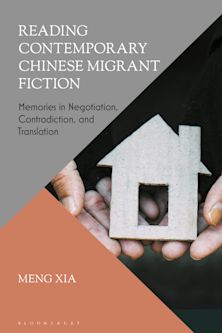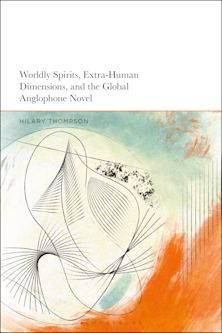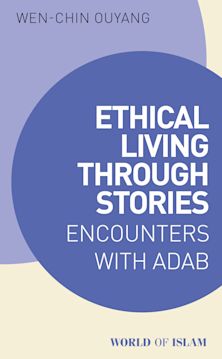- Home
- ACADEMIC
- Literary Studies
- Asian Literature
- Unhappy Soldier
This product is usually dispatched within 1 week
- Delivery and returns info
-
Free US delivery on orders $35 or over
You must sign in to add this item to your wishlist. Please sign in or create an account
Description
Unhappy Soldier chronicles the writings of Hino Ashihei, Japan's most popular World War II writer. Ashihei rose to national celebrity status during the Pacific War for his accounts of campaigns in China and Southeast Asia, works that identified and sympathized with the common soldier. Despite being linked to the nationalistic ideology of the wartime state and purged during the Occupation, Ashihei proved to be an enduring literary and cultural phenomenon, reinventing himself with new, postwar writing that confronted the sunny patriotism of his wartime work. David Rosenfeld's book-the first in-depth study of wartime Japanese literature in English-provides a wealth of new material on how writing about the war was read during and after the conflict and new insight into the formation of Japan's national discourse on the war experience.
Table of Contents
Chapter 2 Wartime
Chapter 3 Purge and Self-Pity
Chapter 4 The Other Face of War
Chapter 5 Fighting the Postwar
Chapter 6 Remembering Hino
Product details
| Published | Jun 12 2002 |
|---|---|
| Format | Hardback |
| Edition | 1st |
| Extent | 194 |
| ISBN | 9780739103654 |
| Imprint | Lexington Books |
| Dimensions | 9 x 6 inches |
| Series | Studies of Modern Japan |
| Publisher | Bloomsbury Publishing |
About the contributors
Reviews
-
This is a groundbreaking piece of scholarship in the field of Japanese studies. . . . Hino Ashihei is a thought-provoking figure important for any consideration of wartime and postwar fiction.
Sarah Frederick, Boston University
-
Rosenfeld's book, by presenting a broad range of information and analysis, paves the way for such further consideration of the writings of Hino Ashihei.
Monumenta Nipponica
-
Rosenfeld's analysis of these works not only provides insight into this important writer but, by traking and analyzing this relationship, also elucidates important questions of an author's role in the production of his own readership and the vagaries of public opinion. . . . At the heart of this novel is a concern fundamental to Rosenfeld's study, the agency of the author.
Journal of Asian Studies
-
In this beautifully presented book, Rosenfeld writes lucidly and efficiently, weaving sharp textual analysis seamlessly into historical context (and at times delighting the reader with a sense of humour that one suspects was reined in for the occasion). Rosenfeld has made a contribution to the field of Japanese Studies that will be appreciated across the disciplines of literature, history, and cultural studies.
Japanese Studies
-
Deftly examining Hino Ashihei's wartime and postwar literary career against radically changing political vicissitudes, David Rosenfeld's study illuminates Hino's interactive role in styling his narrative and historical persona while repackaging past and present representations of his war experience. The result is an incisive study of Hino's attempts at self-redefinition as both man and artist within a shifting political environment that inspired its tortuous and often tormented internal drama.
Chia-ning Chang, University of California, Davis












